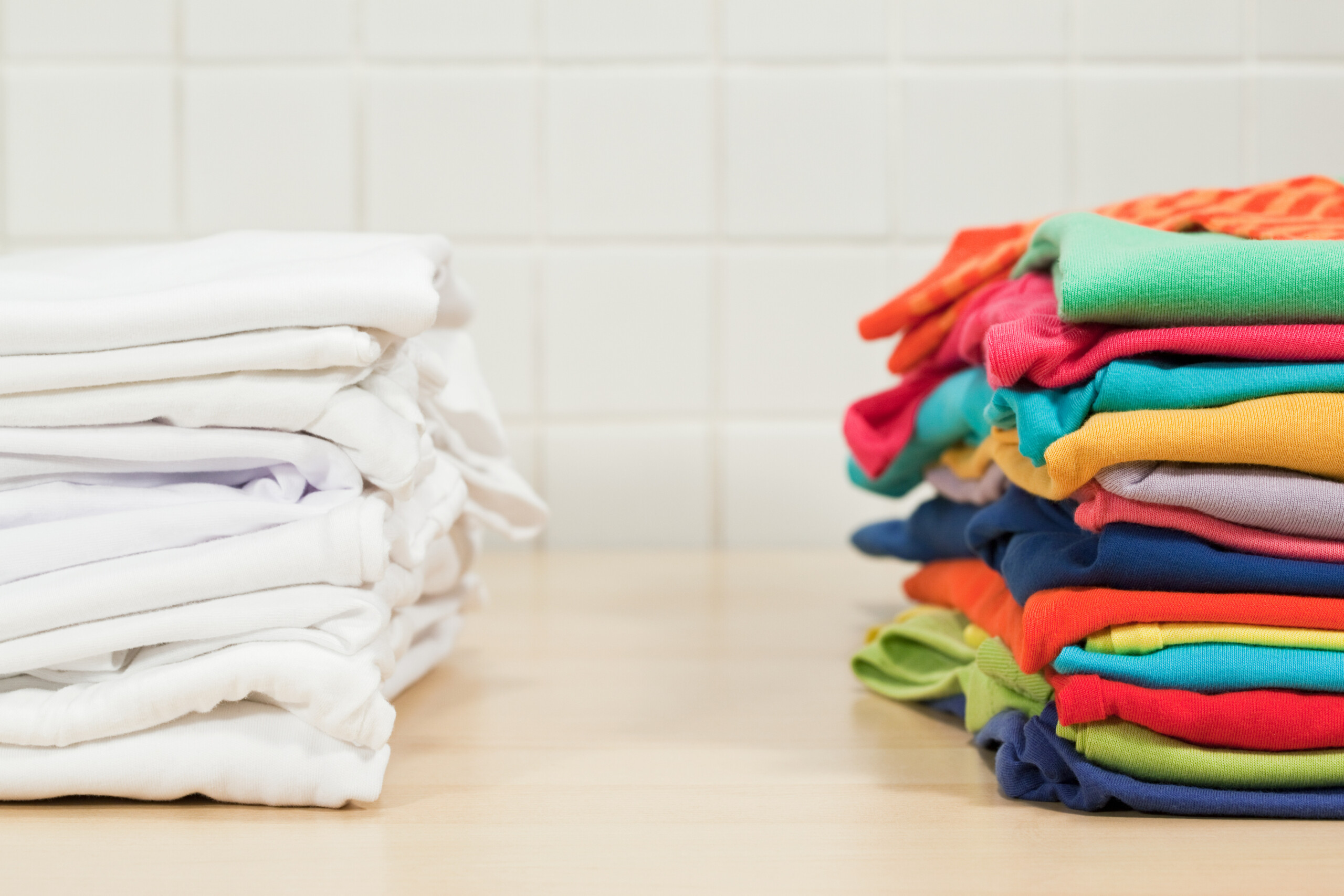Resource Center
Get to know the world of recycling
Your resources
We always aim to reduce complexity. Our learning centre helps to do just that. Here, you’ll find information and educational material related to waste management and compliance, WEEE, batteries, packaging recycling, the circular economy, and corporate social responsibility (CSR).
Services
How we can help you
PV recycling: let the sunshine
Any manufacturer, reseller or distributor of solar products is legally obliged to comply with extended producer responsibility (EPR) regulations and ensure waste management for their end-of-life products.
The obligations include registration and reporting, as well as organising takeback and treatment solutions for discarded solar panels, inverters, and storage batteries.
We offer a vast range of services that enable our customers to fulfill their legal obligations globally in an easy and fully compliant way.
Want to take the next step towards full compliance and effective management of your resources?

Global support
ERP and Landbell Group can provide services in several countries

Fulfilling legal requirements
Registration, reporting, organising takeback and treatment solutions for discarded solar panels, inverters, and storage batteries

Enhancing circular economy initiatives
We are a leading provider of environmental and chemical compliance solutions with local expertise and global presence – we are experts in EPR, takeback, reuse, and recycling

Takeback solutions
Active recycling network of 300+ partners, our unique expertise is based on 15+ years managing international takeback and consultancy activities for end-of-life devices
batteries Recycling
What are portable batteries?
Batteries or accumulators are any sources of electrical energy generated by direct conversion of chemical energy and consisting of one or more primary battery cells (non-rechargeable) or consisting of one or more secondary battery cells (rechargeable).
Most types of batteries contain toxic heavy metals, including nickel, cadmium, and mercury. All of these metals can be recovered and reused.
Recycling batteries is good for the environment as it keeps them out of landfill, where heavy metals may leak into the ground, causing soil and water pollution and endangering animal and plant life. If batteries are incinerated with household waste, the heavy metals inside them cause air pollution.
Large domestic appliances
This category includes appliances such as washing machines, cookers, dishwashers and tumble dryers.
The first stage of recycling is decontamination: cables and other electrical components are removed; ballasts, plastics, iron compounds and other metals are separated and recovered. These materials are then sent for further processing and recovery.
Recycling Process
- Pre-shedding
decontamination - Shredding
- Separation
02. Tab Content
02. Content
03. Tab Content
03. Content
News & Events
Latest news and events
It is not only about recycling processes and compliance, it is also about networking. ERP shares knowledge, insights, and news so that together we can promote the sustainable agenda.
Allgemein
April 22nd, 2024
This Earth Day let's all commit to promoting a circular economy
News
April 22nd, 2024
Today we celebrate the 54th edition of Earth Day, an initiative to highlight the importance of our planet and the
News
April 8th, 2024
This year, the Green Alley Award celebrates a decade of investments and innovation dedicated to nurturing young entrepreneurs and we


